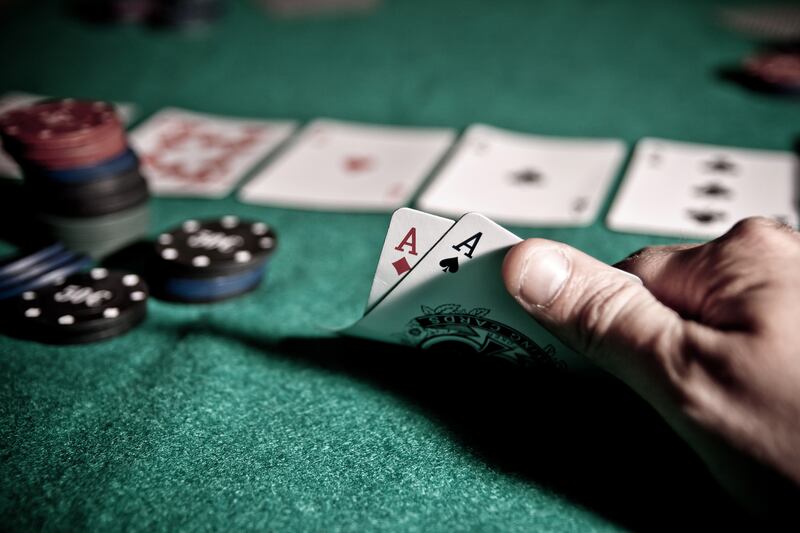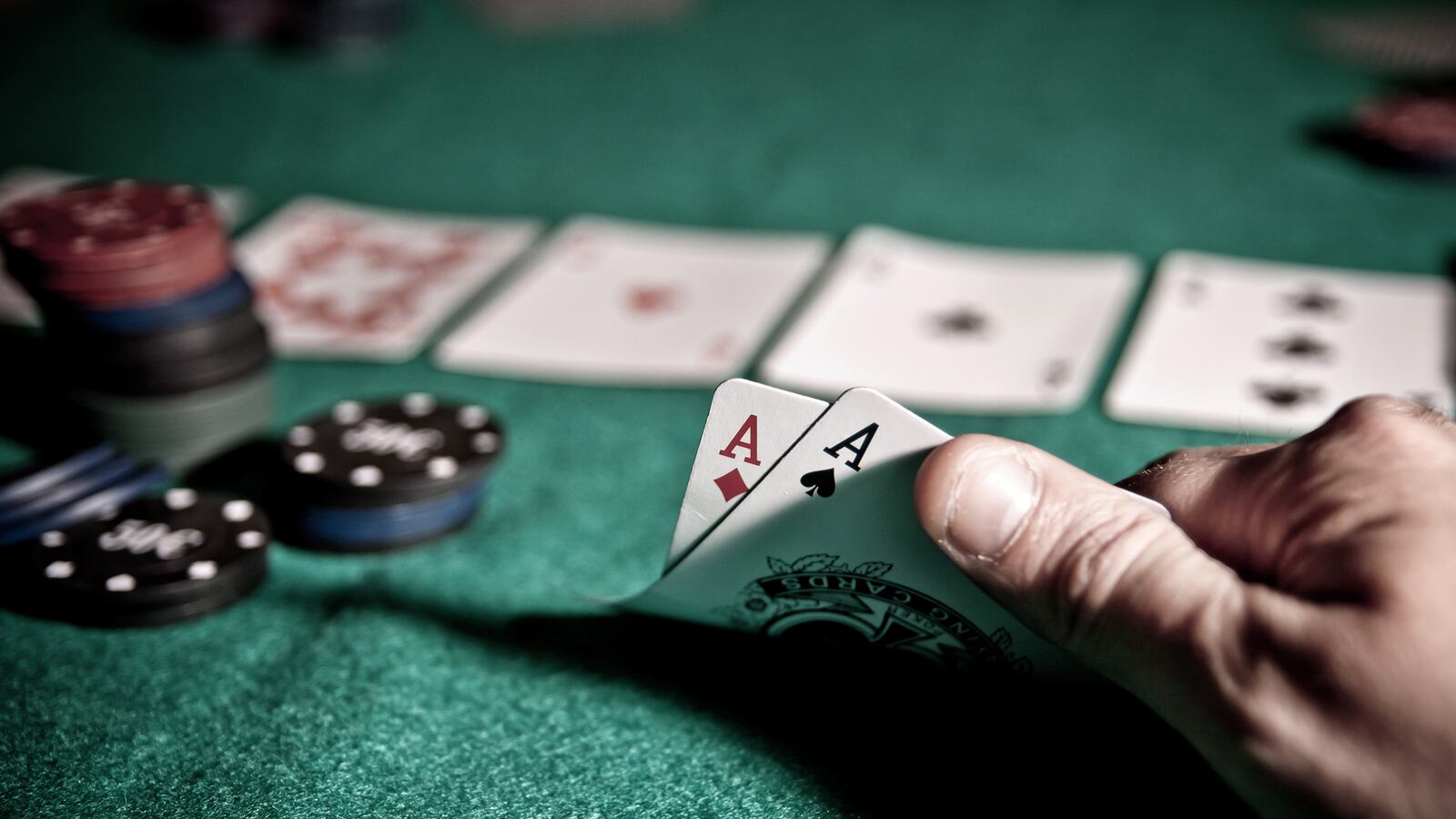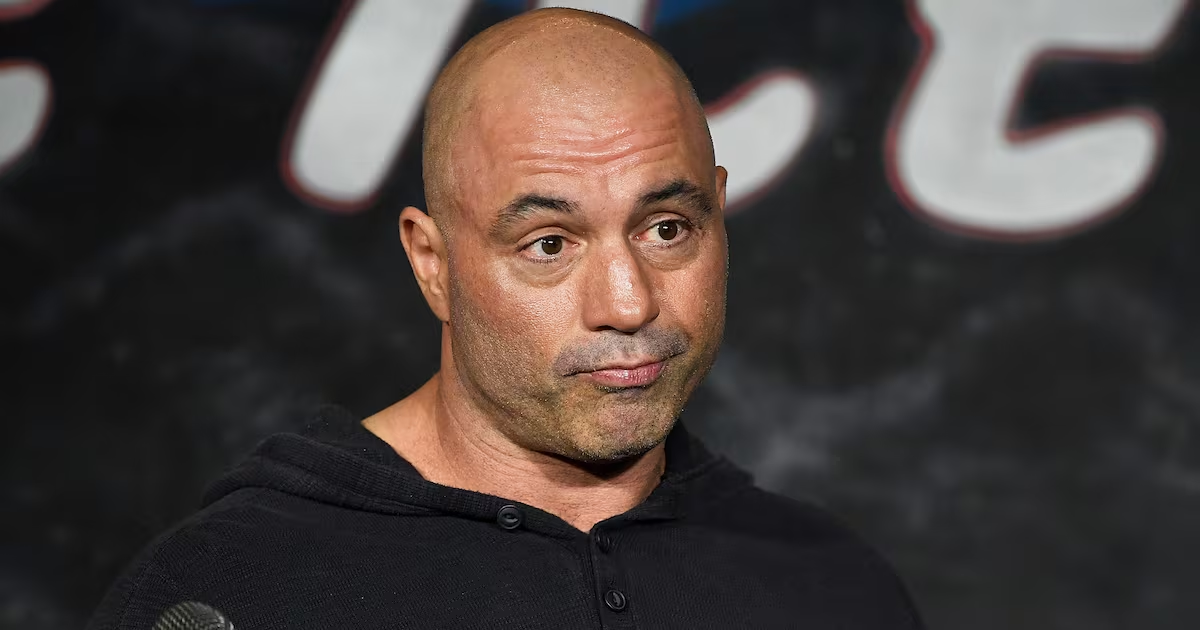The Slot House Europa casino on the outskirts of Rome is buzzing with activity on a sunny Friday afternoon. Nearly all the slot machines are busy, and there is a line to buy scratch lottery cards near the entrance. In a back room, video poker machines ding and chirp with the occasional squeal of delight from a winner. Soon the owners hope to install even more video-poker machines—the most lucrative game on the market. No one seems to notice the signs affixed to one side of the bank of machines, warning that gambling addiction is becoming a serious problem in Italy. “Gambling can cause a pathological addiction,” according to the small pieces of paper, which are mandated by the gambling consortium that regulates licenses.

The fine print outlines the economic and psychological hazards involved with gaming and offers hard-to-read help-line numbers and a simple self-test with just two questions. “Have you ever felt the impulse to spend more money each time you gamble?” and “Have you ever hidden your gambling from a loved one?”
Diana, who doesn’t want her last name published out of fear that her husband will find out she’s back at the slots after promising him she quit, says she considers the warning the same as those on a packet of cigarettes, which doesn’t stop her from smoking a pack a day. “It’s hard to quit, because every time you win a little, you get the feeling that next time you’ll win bigger,” she says, and adds: “I’m trying to win back my utility-bill money that I lost last week.”
As Italians suffer the effects of the European financial crisis, gambling is becoming wildly popular. More and more slot and video-poker machines are popping up in casinos and coffee bars across the country, and scratch-card lotteries are available at kiosks on the street, in gas stations, and at tobacconists. And gambling addiction has followed.
“Italy is becoming the Wild West of gambling nations,” Matteo Iori, the president of Coordinamento Nazionale Gruppi Per Giocatori d’Azzardo, an umbrella organization that help gambling addicts, told The Daily Beast. “Because Italians are burdened with an economic crisis, that has paradoxically stimulated many to seek fortune to escape the economic difficulty.”
More than 800,000 Italians have a serious gambling dependency, according to the association Libera, which tracks those numbers. Italy has the largest per capita gambling expenditure in Europe—and the third largest in the world, after Singapore and Australia, according to a study by the association Azzardo e Nuovo Dipendenza (Gambling and New Addictions).
In most cases, gambling addicts are pensioners struggling to make ends meet or young people out of work, drawn to online gaming, video poker, and electronic slots. “A player with a true dependency is one who cannot control the impulse to spend more to win bigger,” says Dr. Monica Monaco, a psychologist with ASPEN Onlus who believes the current economic crisis is crucial in understanding the increase in both addictions and gambling opportunities.
The Italian government has much to gain by expanding the gambling industry, the third largest in the country, according to an industry watchdog. The Italian state made more than $8 billion in gambling tax revenues in 2012, and the industry is growing fast. According to the Sistema Gioco Italia union, which represents more than 80 percent of gambling interests in Italy, gambling revenue increased 25 percent in the last three years. Staggeringly, gambling revenues in Italy last year amounted to more than $120 billion.
Although there is one slot machine for every 150 residents and the number is growing, thanks to a holdover law passed by Silvio Berlusconi’s government in 2010, an additional 1,000 gambling licenses for video-poker casinos could be awarded in a high-stakes competition next month. Support groups are trying to stop the issuance of the licenses, but so far they haven’t had much luck.
Because the Italian Health Ministry doesn’t recognize gambling dependency as a true addiction, treatment is rarely covered under the social health program. However, support groups that normally deal with chemical dependence have begun to offer treatment.
Guglielmo Cavallari, an expert with the help group SERT who has introduced a program for gambling addiction, estimates that thousands of people are in need of help. “We have to start from scratch by teaching the families how to support something they don’t see as an addiction. They need to help control the money and say no.”





